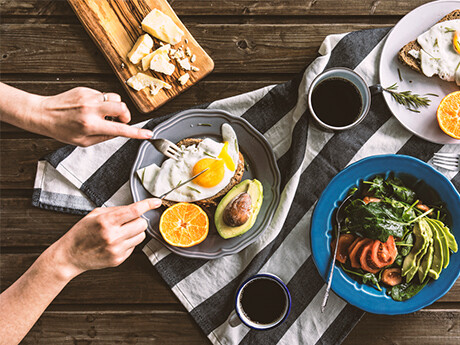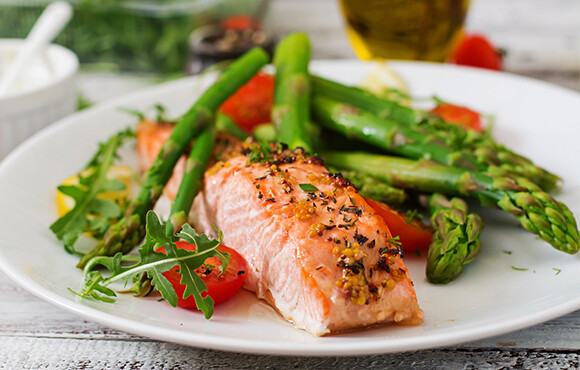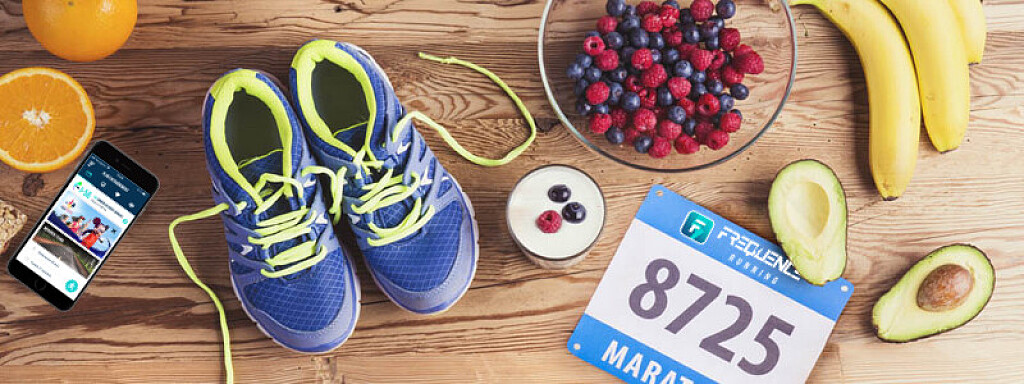Running News Daily
Running News Daily is edited by Bob Anderson. Send your news items to bob@mybestruns.com Advertising opportunities available. Train the Kenyan Way at KATA Kenya and Portugal owned and operated by Bob Anderson. Be sure to catch our movie A Long Run the movie KATA Running Camps and KATA Potato Farms - 31 now open in Kenya! https://kata.ke/
Index to Daily Posts · Sign Up For Updates · Run The World Feed
Your final meal the night before a marathon can have a big impact on how you perform the next day, here's how to get that meal right
Nutrition is important no matter what distance you’re running, but what you eat the night before a marathon can have a significant impact on your performance the next day. Follow these guidelines to ensure your last supper helps, rather than hinders, your performance on race day.
Why is the night before so important?
When you’re running shorter distances, like a 5K, 10K or even a half-marathon, as long as you maintain a healthy balance of carbs, fats and proteins in your meals, you’ll be well-fuelled come race day. The marathon, however, is a different beast. During events that last longer than three hours, you will eventually deplete your glycogen stores, a phenomenon called “bonking” or “hitting the wall” that usually occurs sometime after the 30K mark.
Of course, fuelling during your race is necessary to prevent that from happening, but starting the race with topped-up glycogen stores is also just as important and necessary. For this reason, in the days leading up to your race, you should shift your daily energy intake from being made up of about 50 per cent carbohydrates to 75 per cent, particularly in the final two days of your taper.

While your carb-loading needs to start several days in advance of your race, the meal you eat the night before is important because it is your last opportunity to fuel yourself before you get to the start line. Yes, you’ll eat breakfast in the morning, but since it takes around six to seven hours to fully digest your food, that meal won’t actually benefit your race all that much (although it can harm it, but that’s another topic for another day).
Pre-race fuelling considerations
As we mentioned before, in the last few days before your race, 70 to 75 per cent of your energy intake should come from carbohydrates. It’s important to note that this doesn’t necessarily mean eating more. A normal diet would consist of about 50 to 60 per cent carbohydrates, 10-20 per cent fat and the remainder of your energy needs coming from protein, and by increasing your carbohydrate intake, you should decrease your energy intake from fat and protein slightly.
The reason for this is that both fat and protein can be more difficult for your body to digest, so eating large amounts of either nutrient in the last one or two days before your race could result in stomach problems when you start running. In your final meal the night before the race, avoid a high-fat or high-protein meal to ensure your body will be able to have your food fully digested by the next day.

Fibre is another factor you should watch out for. When you’re trying to consume larger amounts of carbohydrates, it’s easy to accidentally go overboard with your fibre intake eating brown rice, whole wheat bread and other whole-grain items, which can also be hard on your gastrointestinal system. In the days leading up to your race, and particularly the night before, you may want to substitute some of your whole-grain options for refined varieties instead.
How to eat the night before the race
Keep the following guidelines in mind when planning what you’re going to eat the night before your marathon:
Make sure three-quarters of your plate is filled with carbohydrates (think rice, pasta, potatoes, oats, etc.)
Eat to satisfaction, but don’t stuff yourself (you don’t want food still sitting in your stomach the next morning)
Stick with familiar foods that you know agree with your system.
Avoid raw or rare foods — save the sushi for after your race.
Choose refined carbohydrates, like white rice, pasta and bread, and avoid high-fibre foods like whole grains, beans and legumes.
Eat a high-carbohydrate bedtime snack, like a small bowl of oatmeal or granola.
Pre-race dinner suggestions
If you’re not sure what to cook the night before your race, here are a few quick suggestions to give you inspiration:
White rice with salmon or chicken and asparagus.
Chicken, white or sweet potatoes and wilted spinach.
White pasta dressed with olive oil and a sprinkling of parmesan chees (a little goes a long way), with roasted zucchini and chicken or firm tofu.
by Brittany Hambleton
Login to leave a comment




